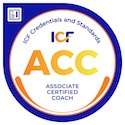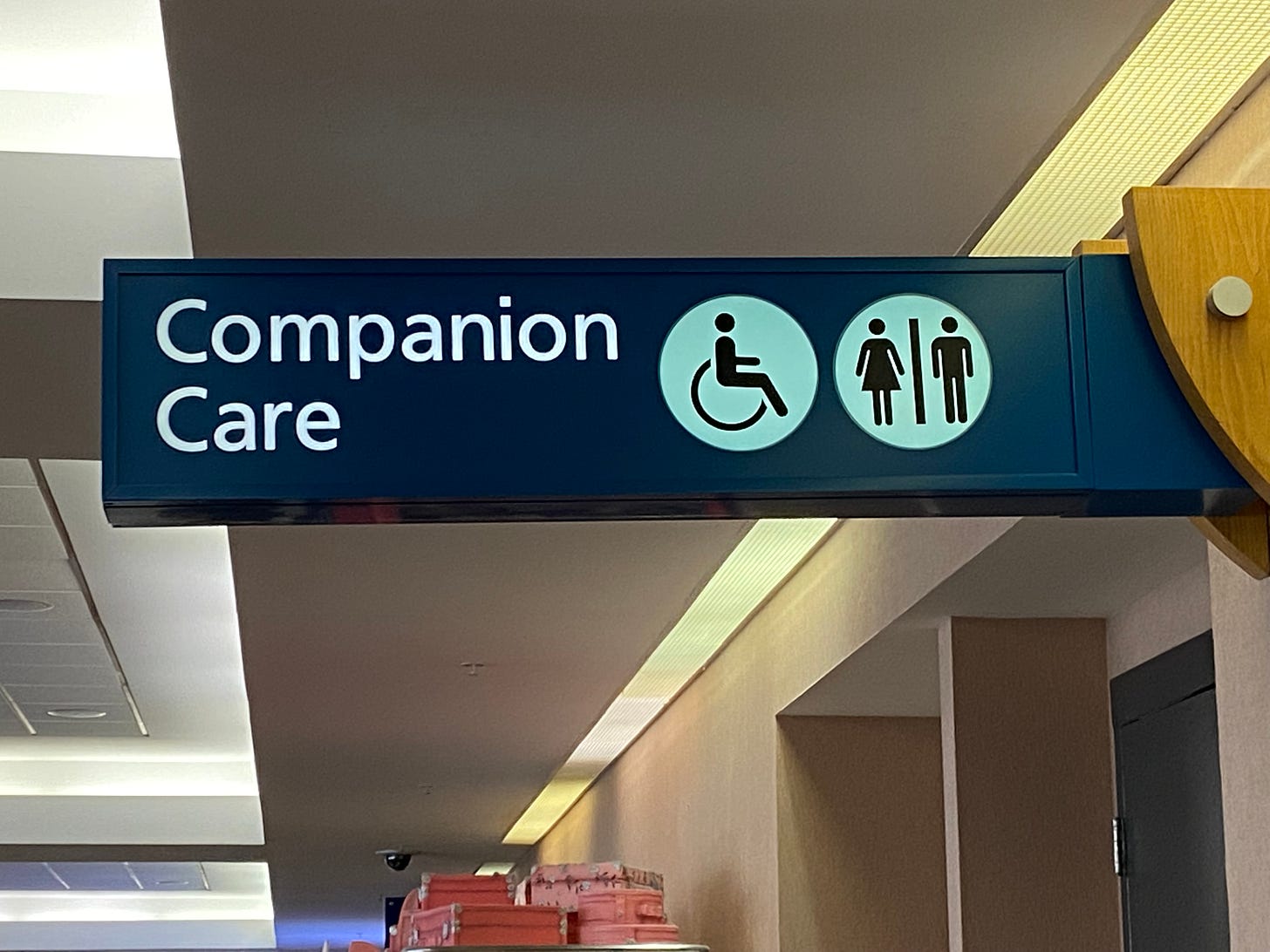Making an Impact

Welcome to Another Normal, and thanks for being here. Lots of good news and resources to share this week. And I want to remind you: if you’re looking for previous content from this newsletter, you can easily search the archives here. As always, please leave a comment, share this post, or email me to suggest topics you’d like to learn more about.
You cannot get through a single day without having an impact on the world around you. What you do makes a difference, and you have to decide what kind of difference you want to make.
— Jane Goodall
Oh happy day.
Today is World Down Syndrome Day, marked by a new awareness campaign that spotlights everyone’s right to romantic and sexual relationships, regardless of disability. Last year’s video featured Sting and a message to prospective employers of people with Down syndrome. This year’s focus is on “just the two of us,” and why it’s important for people with Down syndrome to safely and freely develop relationships with others throughout adulthood. There’s even a new website that outlines big questions and simple answers on this topic. Who can you share this with?
On with the show.
The clip above illustrates how films/videos can be used to deliver powerful messages about disability. One of my favorite ways to experience this is through the ReelAbilities NYC Film Festival. This year, all films are available for online viewing from April 7-13. And the range of subject matter is breathtaking. Creative filmmakers address life through the lens of Down syndrome, vision impairment, PTSD, Parkinson’s disease, mobility impairments, aphasia, intellectual disabilities, mental health and more. There are documentaries, shorts and full-feature movies to enjoy. Here is more info on how to purchase individual tickets or a full-festival pass. For those who “attend,” please let me know what films impact you the most and which you’d recommend to others.
Speaking up.
We recently learned about a speech recognition app for people with speech disabilities, disorders or impairments. Voiceitt learns a person’s unique speech and then enables them to control their home environment using Alexa and other smart home features. (Learn more here. ) The results are life-changing:
The company is looking for volunteers to help “train” its AI platform. If you or someone you know has non-traditional speech and are interested in helping develop this technology, please complete this form.
Words matter.
While researching the subject of people-first language this past week, I was reminded of how much parents model for their children. By using words and phrases that focus on what a person “has” vs. what someone “is,” we reinforce the idea that people are much more than a diagnosis (e.g., a boy with autism vs. an autistic boy). The same goes for how we instruct kids to approach strangers with disabilities (just say hi!). When I was young, well-intentioned parents simply told children not to stare. This meant we generally looked away or ignored someone with whom we might have created a connection – at the supermarket, movie theatre, or elsewhere in our communities.
I love this recent article, which reminds parents “don’t tell your kids not to stare at mine.” Who do you know that should read it?
Badge of honor.
I’m thrilled to share that I am now credentialed as an Associate Certified Coach through the International Coaching Federation (ICF). I love coaching and consulting with people and organizations committed to helping individuals achieve their full potential. And I have a special place in my heart for parents of children and adults with disabilities.
As best-selling author Adam Grant said, “"The skills that define great leaders at work are surprisingly relevant to becoming a great parent at home. " This is especially true for parents of individuals with disabilities.
Please reach out if you’d like to learn more about how coaching can help you achieve your life and leadership goals.

Helping hands.
I spotted this sign while traveling last week. And then I smiled for a good long time. So refreshing to see accommodations that make life less challenging for families like mine.
What’s something positive you’ve seen this month that makes life for families with disabilities a little easier?

Interested in learning more about working with Kris?
Contact us for information on what this might look like for you, including outcomes, availability, fees and more.
Stay connected with news and updates!
Sign up below to receive our newsletter and updates.
We hate SPAM. We will never sell your information, for any reason.


